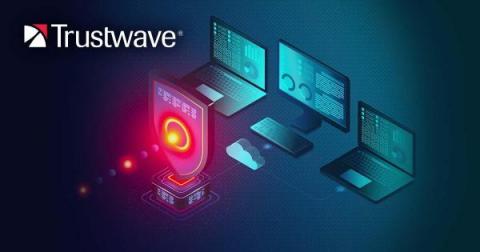Using Co-Managed SOC to Derive Maximum Value from a SIEM Investment
Security information and event management (SIEM) systems are crucial to cyber security, providing a solution for collecting and analyzing alerts from all manner of security tools, network infrastructure, and applications. But simply having a SIEM is not enough because to be truly effective, it must be properly configured, managed, and monitored 24x7.










